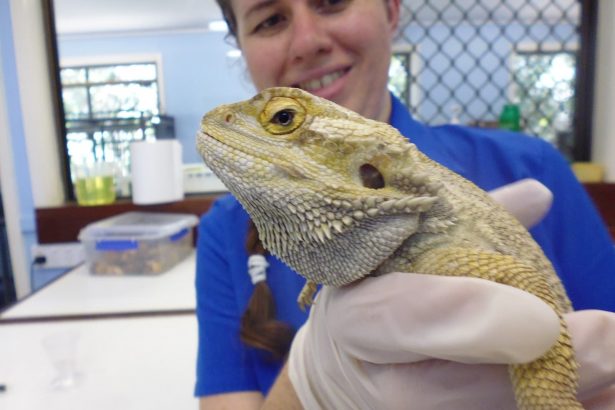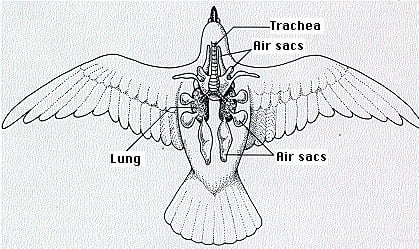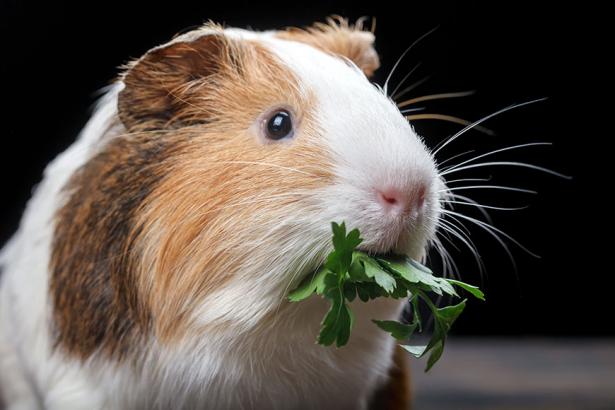When most people picture an intelligent animal, they often think of dolphins, dogs, or perhaps primates. But exotic birds – especially parrots such as cockatoos, macaws, and African Greys – consistently rank among the most intelligent non-human species on the planet. From complex problem-solving to an impressive ability to mimic human speech, their intelligence is not just fascinating – it has direct implications for how we care for them in captivity.
Understanding the minds of exotic birds is not just an academic exercise. It’s the foundation for creating a healthy, enriching environment for these highly social, deeply perceptive animals. At Currumbin Vet Services, we’ve seen first-hand how recognising avian intelligence leads to better health outcomes, improved behaviour, and stronger bonds between birds and their carers.
Let’s take a closer look at what makes exotic birds so smart – and what that means for their care.
The Brainpower Behind the Beak
Despite their small size, exotic birds have incredibly sophisticated brains. In fact, research has shown that some bird species have a brain-to-body mass ratio comparable to that of great apes. But it’s not just size that matters – it’s how that brain is wired.
Parrot species such as cockatoos and conures have a highly developed nidopallium caudolaterale, the part of the avian brain responsible for executive functions such as planning, decision-making, and problem-solving. This structure acts similarly to the mammalian prefrontal cortex, giving birds a cognitive edge far beyond what most pet owners might expect.
These birds are capable of:
- Tool use – Some parrots have been observed fashioning sticks to retrieve food from hard-to-reach places.
- Puzzle solving – Cockatoos, in particular, can unlock multi-step mechanical puzzles, a feat on par with primates.
- Long-term memory – Many species remember faces, routines, and even specific words for years.
- Abstract thought – Some parrots have demonstrated an understanding of concepts like “same” and “different”, and even rudimentary counting.
Perhaps most famously, the African Grey Parrot named Alex, studied by animal psychologist Dr Irene Pepperberg, had a vocabulary of over 100 words and could grasp concepts such as colour, shape, and quantity. Alex didn’t just mimic words – he used them meaningfully.
Mimicry: More Than Just Party Tricks
The ability of exotic birds to mimic human speech and household sounds is often treated as a novelty, but it’s actually a sign of deeper cognitive functions. Mimicry in birds is tied to their natural social behaviour. In the wild, parrots live in large flocks where vocal learning is crucial for bonding, communication, and territory maintenance.
When kept as pets, birds direct this social learning toward their human carers. Mimicking voices, laughter, and sounds becomes a form of social bonding – an attempt to “speak your language”. It’s also a sign that they are engaged and tuned in to their environment.
However, mimicry requires mental stimulation, auditory feedback, and social engagement. Birds that are ignored or left unstimulated for long periods may stop vocalising altogether or develop distress behaviours like repetitive screaming or feather plucking.
Even smaller birds like budgerigars show impressive mimicry and complex social behaviours, proving that intelligence isn’t limited to the largest species.
Social Intelligence and Emotional Awareness
Parrots are not just intelligent – they’re also emotionally complex. These birds form strong bonds with their flock mates and, in captivity, with their human companions. Many species are monogamous in the wild and remain loyal to a mate for life. This level of attachment, when translated into captivity, can create deep bonds but also emotional dependency.
Because of this, birds are susceptible to separation anxiety, boredom, and even depression. A lack of social interaction can lead to chronic stress, which manifests in poor feather condition, aggression, or self-harming behaviour.
Recognising the emotional needs of exotic birds is as important as meeting their dietary or physical needs. They require:
- Daily interaction and communication
- Opportunities for social play or training
- Visual and auditory stimulation
- Predictable routines and consistent care
Why Intelligence Changes How We Care for Exotic Birds
Many well-intentioned bird owners focus on the basics: food, water, and a clean cage. But intelligent animals like exotic birds require far more than the essentials. Their mental wellbeing is just as important as their physical health.
Here are a few ways that understanding avian intelligence should shape how we care for them:
1. Environmental Enrichment Is Essential
Cages should never be barren or static. Providing a dynamic, enriching environment is key to preventing boredom and behavioural issues. This includes:
- Foraging toys that make birds work for food
- Rotating perches, branches, and toys regularly
- Puzzle feeders or interactive games
- Safe items to chew and destroy (a natural behaviour)
We also encourage carers to offer naturalistic materials, such as fresh branches, paper to shred, or puzzle-based feeding stations. These simulate the cognitive challenges birds encounter in the wild.
A well-planned cage setup for pet birds should mimic the challenges they would face in the wild – from exploring and flying to foraging and communicating.
2. Training and Mental Stimulation Should Be Routine
Positive reinforcement training isn’t just about teaching tricks – it’s cognitive exercise. Birds that engage in training sessions are often more confident, less anxious, and more bonded with their humans.
Simple tasks like target training, stepping up, or recall commands give birds a sense of agency and accomplishment.
3. Social Needs Must Be Met Daily
If you’re away for long hours, consider companion animals, video interaction, or audio enrichment. Birds left alone for most of the day with no stimulation are at risk of developing behavioural problems.
For birds that prefer human interaction, scheduled play and cuddle time are vital. For flock-oriented species, consider whether a bonded companion might be appropriate – although introductions must be done carefully and under professional guidance.
4. Routine Vet Care with Species-Specific Knowledge
Exotic birds often hide signs of illness until it becomes advanced. Having a vet who understands avian behaviour and physiology makes early detection and prevention far more effective.
At Currumbin Valley Vet, we tailor our care based on not just the species, but also the individual bird’s environment, diet, personality, and social dynamics. This level of detail is only possible with a strong understanding of avian cognition and behaviour.
For birds such as Indian Ringnecks and Alexandrines, a tailored approach to nutrition and stimulation is essential – as detailed in our guide to diet for Asiatic parrots.
5. Housing Should Reflect Natural Behaviours
Flying, climbing, exploring, and chewing are all instinctual behaviours for parrots. A cramped cage with no opportunity for flight or exploration is not suitable for an intelligent, active bird.
Even small species require ample out-of-cage time, supervised free flight (when safe), or large aviaries. Without these outlets, birds may develop muscular atrophy, obesity, or psychological distress.
When Smart Birds Get Bored: The Risks of Underestimating Intelligence
Failing to meet the intellectual and emotional needs of exotic birds can have serious consequences. We’ve seen cases where birds resort to:
- Feather destruction and skin picking
- Stereotypic behaviours (pacing, bobbing, screaming)
- Aggression or withdrawal
- Loss of appetite or over-preening
These are not “bad” behaviours – they are stress responses. And they often begin when birds are denied mental enrichment, social contact, or environmental stimulation. Intelligent creatures need a life filled with learning, exploration, and connection.
In colder months, it’s important to factor in exotic pet winter care to ensure their environment continues to support mental and physical stimulation.
Final Thoughts: Smarter Birds Deserve Smarter Care
The more we understand about exotic bird intelligence, the clearer it becomes: they are not just beautiful pets – they are complex beings with rich emotional lives and cognitive abilities on par with mammals.
Providing excellent care goes beyond clean feathers and a full bowl. It means recognising their capacity for thought, communication, and connection – and building a lifestyle that allows them to thrive.If you’d like help assessing your bird’s environment, behaviour, or routine, our team of exotic vets at Currumbin Vet Services is here to help. We offer species-specific guidance tailored to the needs of exotic birds across Queensland.





